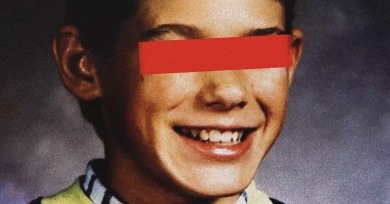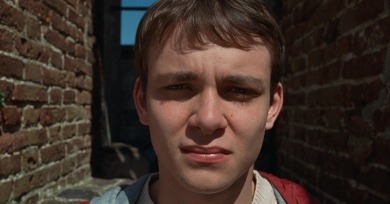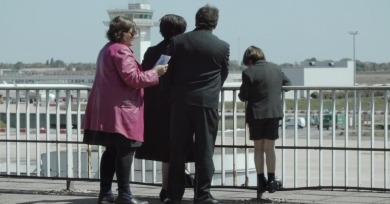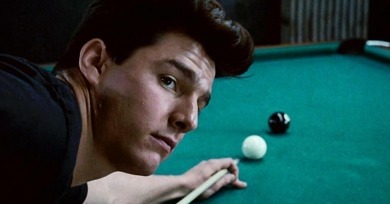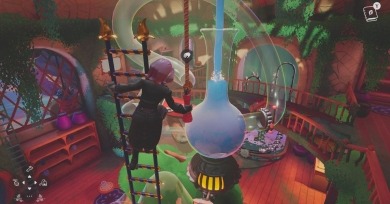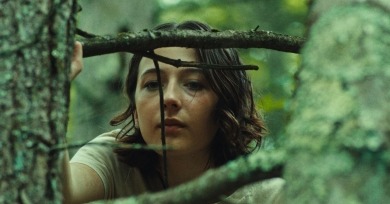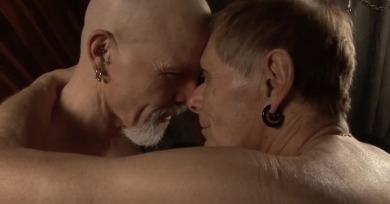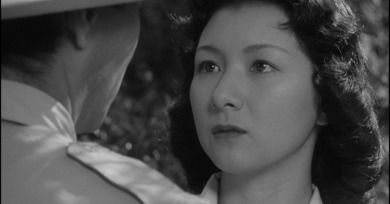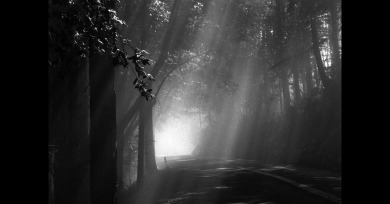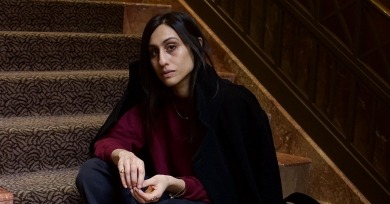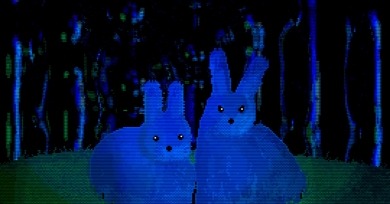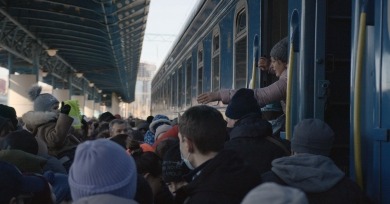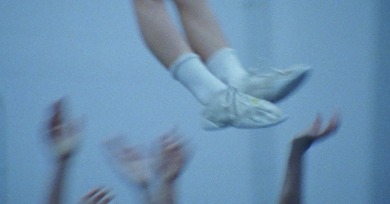Features
Much of the low-budget queer cinema of the 20th century has a documentary flavor; everything feels authentic and real even when fictionalized. In many of these films, a liberated, explicit representation of active queer spaces is still informed by the reality of the closet.
The notion that gay lifestyles are fundamentally lonely and perilous is, of course, absurd and antiquated, but this acutely provocative filmmaker meets such stereotypes head-on, exposing their roots, testing their limits, and probing their lasting impact on queer narratives past and present.
Diciannove, the first film by Giovanni Tortorici, who is not yet out his twenties, speaks to the psychic undercurrents of our fresh Hell, while also carrying on a dialogue with the traditions of European romanticism in literature and film.
The verisimilitude of a photograph can foster destabilizing encounters with figures from the past, and the film conveys this spectral dimension of photography through explicit references to ghosts, visitations, and the presence of the dead.
The current myth and meme-ification of Tom Cruise leaves out many of the specifics of the actor’s versatile and daring career.
Cozy games run counter to the stereotypical video game: they are nonviolent, unstressful, and deliberately unchallenging. They allow players to engage at their own pace, and take on tasks that require creativity and diligence more than skill.
Good One's Sam is passive and withholding in her conversations with Chris and Matt. She does not expect them to pay attention to her feelings or consider her needs or experience. But Lily Collias, the actor, is thrillingly open and non-defensive.
Madsen has images of different materialities play out in the same frame, collapsing temporality and distance. Photographs, both digital and magnetic video, and hand-processed 16mm film are used simultaneously, often overlaid and blended, using the grammar of optical printing techniques via a digital intermediate.
Under soft lighting, amidst her drab surroundings, Hideko Takamine shines. As she and Tomioka open a bottle of shochu, Naruse keeps Yukiko centered in the foreground while Tomioka faces her in profile at the periphery of the frame.
The often solitary experience of analog filmmaking, as exemplified by the landscape films of James Benning, Babette Mangolte, and Peter Hutton, necessitates a free-form style that takes into account the scope and contingencies of nature itself.
There’s a delicious spaciousness to the first film by writer Durga Chew-Bose, which has all the sybaritic trimmings of a coastal summer: sun-dappled skin, chalky beach expanses, fresh fruit on the veranda, a perpetual breeze...
Touching the Screen
This year, each writer wrote about a single game that defined their year in play. We’ve named six GOTYs in total. Between those write-ups you’ll find a few odds and sods reminiscent of the annual RS Two Cents throwdowns.
The result is less a collective narrative of the ongoing war than a collage of impressions and feelings that guide the viewer across geographical terrain and reveal a country’s citizens processing their trauma in wildly different ways.
Each of the eleven filmmakers activates celluloid’s formal potentials while also negotiating the tensions among technologies that irrevocably alter our world—and ways of seeing.

